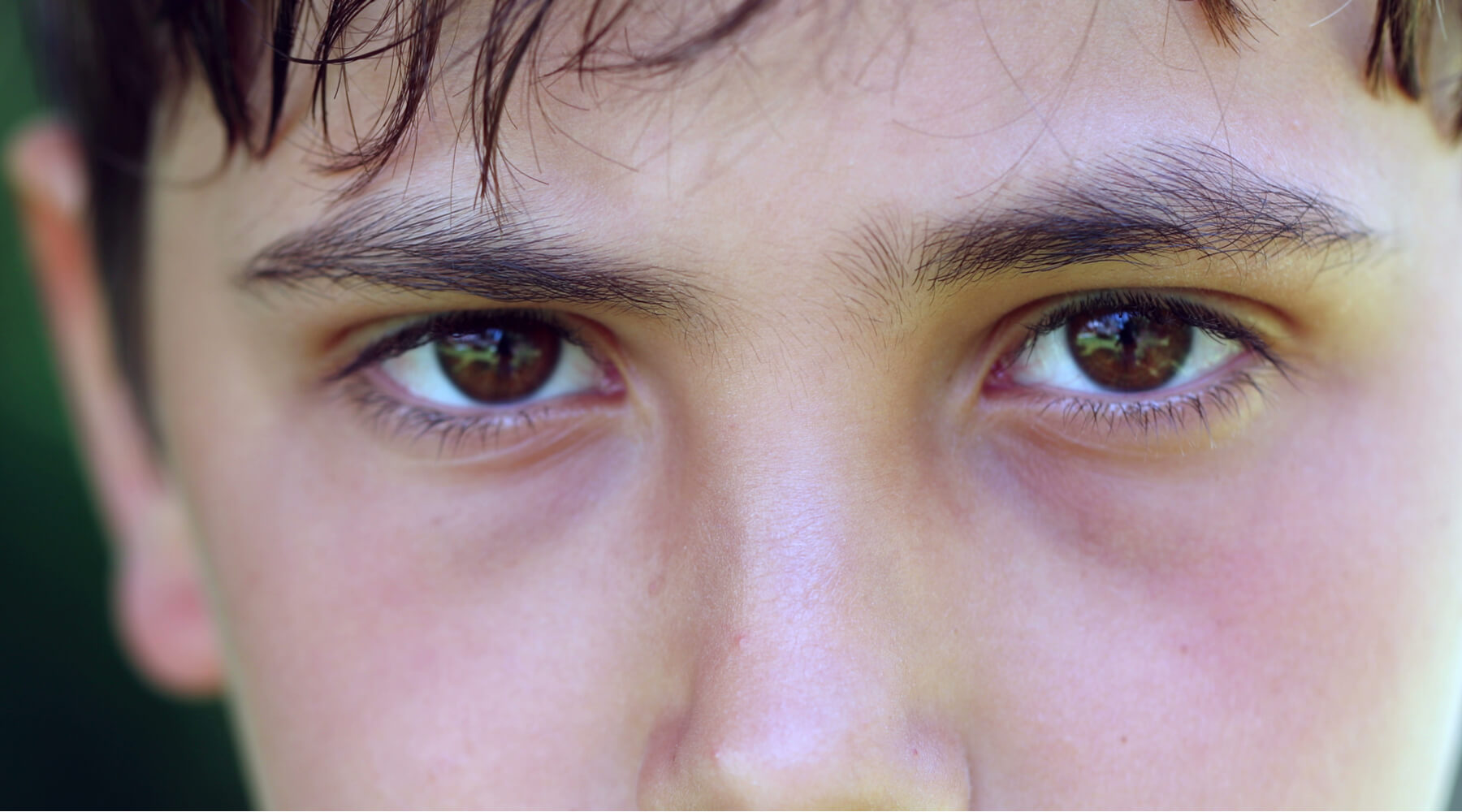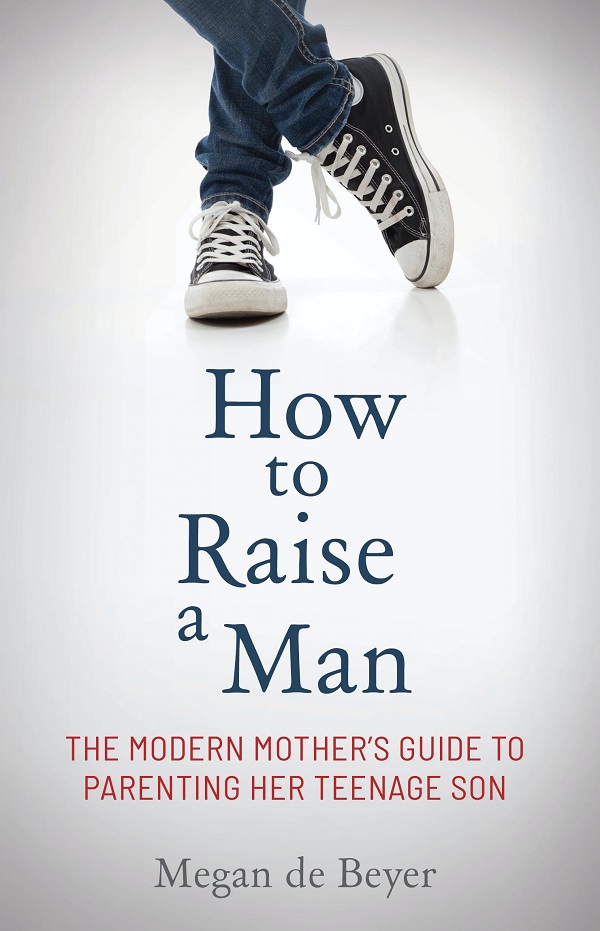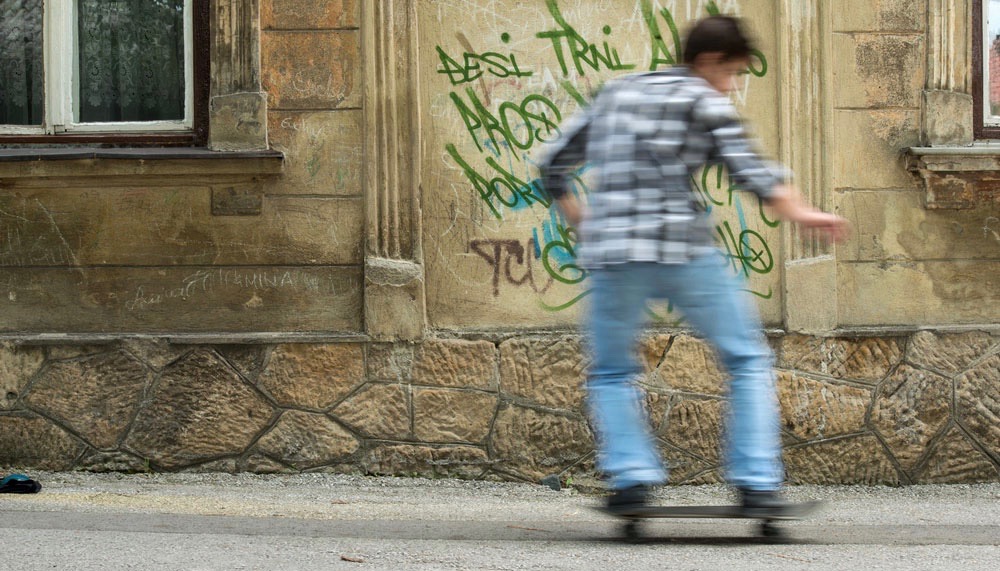
Is your son showing signs of toxic masculine anger? Parenting psychologist Megan de Beyer, author of How to Raise a Man, offers advice on how parents can help their teenage boys.
If your teenage son has begun to exhibit signs of anger and aggression, you are not alone. Due to rising levels of testosterone, adolescent boys need to find a healthy outlet for their hormone-induced aggression.
In the best-case scenario, they will learn to express assertiveness through sport, creativity, life skills, and academic excellence. However, as a parent it is crucial to watch for the signs of toxic masculine anger – and nip it in the bud with firm but fair boundaries.
What’s behind the sudden onset of aggressive behaviours?
It can be said that anger is one of the few socially acceptable male emotions. The common media-inspired dreams of boys involve hero archetypes – muscular, dominant men who save the day! Furthermore, there are social pressures to ‘win at all costs’ and ‘stay on top’. This can be healthy if angry emotions are used to defend and protect.
However, if boys are only socialised to be dominant and powerful, it can become unhealthy. Boys may consequently end up expressing their whole range of emotions as hitting, cussing, kicking, and throwing stuff.
Anger is, of course, essential for human survival. It taps into our primitive brains as part of the fight/flight/freeze response to external threats. These threats, whether real or imagined, cause a genuine physiological response as a rush of adrenaline over-stimulates the autonomic nervous system, causing increased heart rate, heat in the face, muscle tension, and even nausea.
In other words, the perception of threat causes a very visceral need to fight (or go numb or run away).
The additional impact of lockdown on difficult emotions
During lockdown, people have universally struggled with limited outlets for releasing difficult emotions. Teenagers in the pandemic have the additional stress of entering a phase in which their testosterone levels are on the rise, fanning the flames of irritation.
Teen boys have an evolutionary impulse for independence that is literally being blocked by movement restrictions. It may help to be less reactionary to bad moods and give boys some time out from the family. At the same time, maybe it is as good a time as any for those courageous conversations. Such as, ‘We would love you to join in with the family tonight – maybe you can suggest some ways we can connect’ or ‘We miss feeling close to you’ etc.
Is there a better way to respond to feelings of anger?
It is important to note that environmental cues, social pressure, and personal interpretation of the physical symptoms will result in the way a person responds to threats. At this point, a person has a choice whether to respond or let it go. This is because the actual physical experience of an emotion only lasts 90 seconds; after that, it is our choice to perpetuate that emotion.
Fundamentally, new choices require conscious vs unconscious processing of emotions. This means pausing to feel the physiological response, think the emotion through, and respond consciously rather than impulsively.
Too often, boys think that they must ‘save face’ and reinstate their dominance or prove their ‘strength,’ and therefore a show of aggression is the only option. As parents, we need to coach boys that aggression is only ‘pretend strength,’ and that true courage lies in revealing the vulnerability/fears of the authentic self.
Tips for parents in the heat of the moment
- Stay calm and take a few deep breaths
- Avoid resorting to immediate punishment
- Allow him to communicate anger
- Don’t limit him, control him, or shame him
- Tell him firmly to take time out and to think it through
- Always follow up and talk when both of you have calmed down
- Be consistent with consequences for aggressive behavior.
What can parents do to help curb teenage aggression?
As parents, we could also consider ways to help our teenagers refine their EQ – their emotional quotient. We may need to teach our young men that anger is okay, but hurting themselves, others, or physical property is NOT okay. Furthermore, it helps to coach boys to understand and communicate a full spectrum of emotions, not just their anger.
If young men do not know how to interpret feelings of sadness, fear, anxiety, stress, or the like, they are left with only two primal responses – anger and withdrawal. Our role as parents is to help boys connect to their ability to have empathy, compassion, and healthy connection.
Start with helping your teen become aware of his emotions – generating the ability to recognize, identify, and express himself. In other words, he may say statements such as ‘I feel…when you…because….’ He may also need to learn the difference between what he is feeling and the feelings of others, enlisting a balance between empathy and boundaries. There is a genuine difference between venting and communicating normal angry feelings in a healthy way.
Tips for parents to teach boys
- Educate boys about anger
- Enlist his commitment
- Help your son discover his anger triggers – hurt, fear, loneliness, shame, jealousy, etc.
- Help him recognise physical symptoms of anger
- Model anger management: focus on behavior not the boy with direct expressions such as ‘I am angry because…’
- Teach boys how to vent and cool down before responding
- Teach him to ‘self-talk’
- Encourage him to talk about what comes up for him
- If he has a difficult temperament, teach venting management.
It is perfectly normal for rising testosterone levels to create unusual aggression in teenage boys. The key is for adolescent boys to learn how to manage anger in the heat of the moment and find new ways to respond.
If you are interested in learning more about managing anger in teen boys, I address this in Chapter 10 of my book, How to Raise a Man: A Modern Mother’s Guide to Parenting Her Teenage Son and also in my online courses – www.megandebeyer.com.

About Megan
Megan is a specialist parenting psychologist and an expert in raising boys. She runs a program ‘Strong Mothers – Strong Sons’ at many independent boys’ schools in Australia, South Africa, the United Kingdom and the United States.
She is available to address parent communities in schools. You can contact Emily Lighezzolo at emily.lighezzolo@hachette.com.au
Like this post? Please share using the buttons on this page.
Subscribe to The Parents Website

